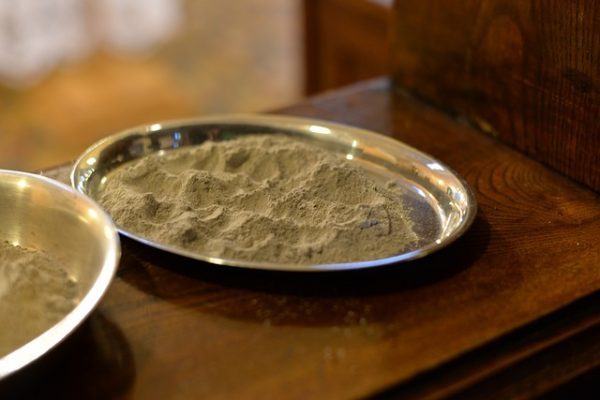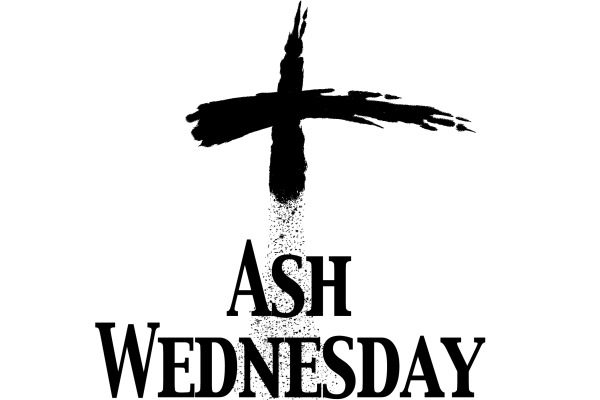Ash Wednesday is one of the most important days in the liturgical calendar as well as the life of every Catholic. It is the beginning of a period of fasting and abstinence for a majority of the Catholic community that lasts for 40 days, not counting the Sundays in between. It arrives on the heels of Carnival where people celebrate for 4 days straight with food, music, dancing and drinking. Perhaps, the simplest way to explain it would be to say that it is a day to cleanse the soul before Lent begins.

Why we receive ashes on Ash Wednesday
Ash Wednesday comes from the ancient Jewish tradition of penance and fasting. People go for mass early in the morning or in the evening and receive ash which is anointed on their foreheads. The ashes come from the blessed palms used in the Palm Sunday celebration of the previous year. They are christened with Holy Water and are scented by exposure to incense.
The ashes that we all receive on Ash Wednesday symbolize the dust from which God made us. Each time the priest applies ash in the form of a cross on a person’s forehead, he says, “Remember that you are dust, and to dust, you shall return.” Sometimes he may say “Repent and believe in the Gospel.”
Ashes also symbolize grief in terms of us having sinned and gone astray and away from God. Therefore, when we attend Ash Wednesday services, all of us are invited to accept the ashes as a way to do penance.

Image credit – http://www.heraldgoa.in/Archives?date=10-03-2011
Ash Wednesday marks the start of 45 days of fasting and abstinence
Historically and biblically, Ash Wednesday symbolises the days which lead up to Jesus’ crucifixion and subsequent resurrection, when Christ spent 40 days and nights alone in the Judaean Desert being tempted by Satan. However, it is important to note that there is no actual mention of Ash Wednesday as a specific day, in the Bible.
Ash Wednesday is a deeply holy and spiritual day for people of Catholic faith who choose to pray and fast the entire day. A lot of people even take a day off from work and remain home. People attend service and then go home since it is considered inappropriate to participate any kind of social activity after receiving ashes. Nursing mothers, very young children and senior citizens are exempted from doing any kind of fasting or abstinence. If they (the senior citizens) choose to do it, it is a personal decision.
People give up all sorts of things for Lent. These range from luxuries like shopping to certain kinds of foods that they would normally indulge in like meat. This is, of course, a personal decision for each person.
This year Ash Wednesday begins on the 14th of February. Easter will be on the 1st of April.
ItsGoa/FEB/KDGP


